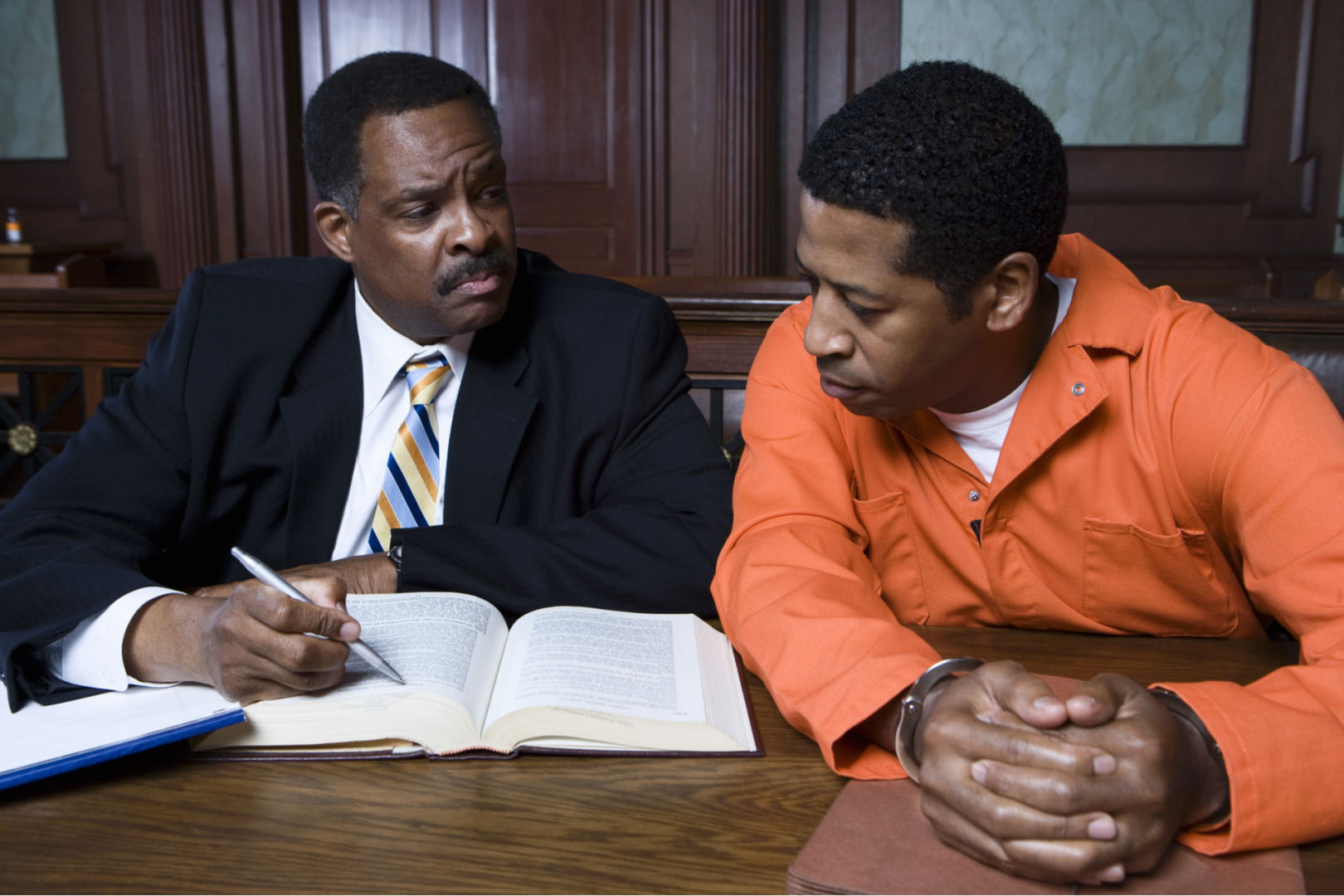The legal system is a labyrinth of procedures, terms and protocols that can be overwhelming for anyone who finds themselves entangled in it. Whether you’re a defendant, a concerned family member, or just someone looking to understand the criminal justice process in Texas, understanding the terminology is crucial.
Before we get into the terminology, let’s review the legal landscape you can expect once you’re under arrest. That will provide more context as we go through several legal terms you’re likely to encounter.
The Legal Process: From Arrest to Judgment
Arrest and Booking
The journey often starts with an arrest, where law enforcement takes an individual into custody based on probable cause. After arrest, they book you, a process that includes recording personal information, taking fingerprints and possibly conducting a search.
Initial Appearance
Before the arraignment, the defendant usually has an initial appearance before a magistrate. This is where bail is often set, and the court informs the defendant of their right to counsel.
Arraignment
An arraignment in Texas is a formal court proceeding to inform a defendant of the criminal charges against them and ask them to enter a plea. The judge reads out the charges, and the defendant can plead “guilty,” “not guilty,” or “no contest.”
Pre-Trial: Discovery and Motions
Discovery is the pre-trial phase, where both the prosecution and defense gather evidence. It’s a crucial stage for building a case. This is also when both parties can file motions to set the rules for the trial, such as what evidence can be presented.
Trial
If no plea agreement can be reached, the case goes to trial. That could mean a “bench trial” (judge only) or a jury trial in Texas.
Verdict and Sentencing
The judge or jury delivers a verdict of “guilty” or “not guilty.” If the verdict is guilty, the court moves to the sentencing phase, where penalties like imprisonment or fines are determined.
Appeals
After sentencing, both parties have the right to appeal the decision to a higher court.
Acquittal or Sentencing
The final stage is either an acquittal, where the defendant is found not guilty, or a judgment against the defendant, which finalizes the verdict and its associated penalties and punishments.
Other Legal Terms to Know
Bail and Bond
Bail is a financial guarantee that the defendant will return for court proceedings. A bond is an agreement by a third party, like a Dallas bail bondsman, to pay the bail if the defendant fails to appear.
Aggravated
Outside factors that inform the severity of the crime as it’s charged. Aggravating factors might include recidivism (reoffending after a stay in jail), lack of remorse, amount of harm to the victim, committing the crime in front of a child, and using certain weapons during the crime.
Public Defender vs. Private Attorney
A public defender is a state-appointed lawyer for those who can’t afford private counsel. Private attorneys are hired and generally have more resources for case preparation.
Plea Bargain
A plea bargain is an agreement to plead guilty to a lesser charge to avoid a trial, often in exchange for a lighter sentence.
Indictment and Information
An indictment is a formal charge issued by a grand jury. Conventional wisdom tells us that a grand jury would even “indict a ham sandwich,” as grand juries tend to indict around 99 percent of the time.
An “information” is a similar charge to an indictment but filed directly by the prosecutor.
Misdemeanor or Felony
Misdemeanors are less severe crimes with lighter penalties, while felonies are considered more serious with harsher penalties.
Probable Cause
Probable cause is the reasonable belief that a person has committed a crime, justifying an arrest.
Warrant
A warrant is a legal document authorizing law enforcement to perform specific actions like an arrest or search.
Win Your Freedom with 1st Call Bail Bonds
Understanding the legal process from arrest to judgment is essential for anyone involved in a criminal case in Texas. Knowing the terminology and what each stage entails can empower you to make informed decisions and reduce the stress associated with legal proceedings.
By equipping yourself with knowledge, you’re already taking a significant step in facing the legal challenges ahead. Knowledge isn’t just power — it can be your lifeline in the legal world. If you or a loved one is navigating the complex maze of the Texas criminal justice system, you don’t have to go it alone.
1st Call Bail Bonds is here to assist you every step of the way, from securing bail to providing expert advice. Contact 1st Call Bail Bonds today, and let us be your guide through this challenging time.


